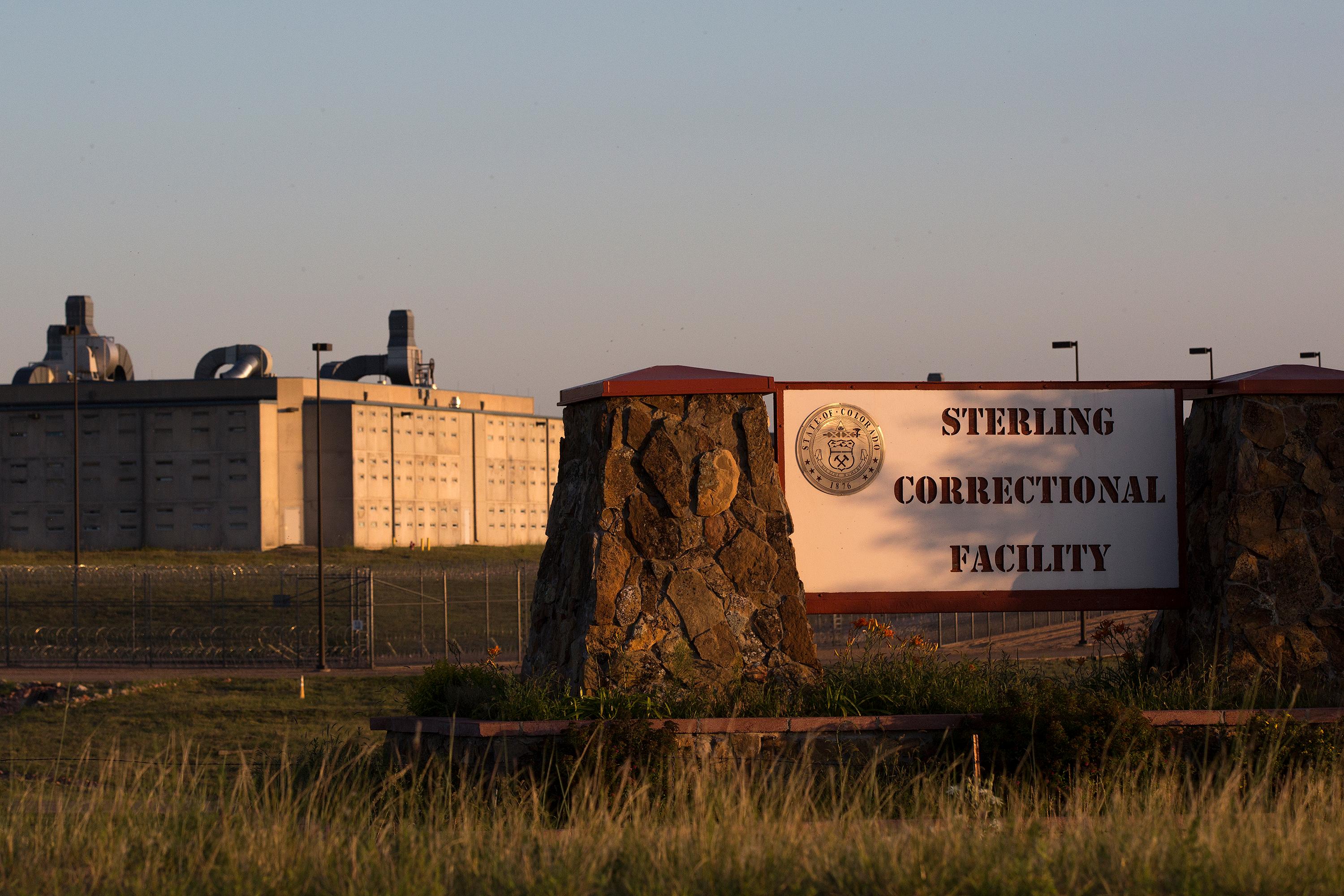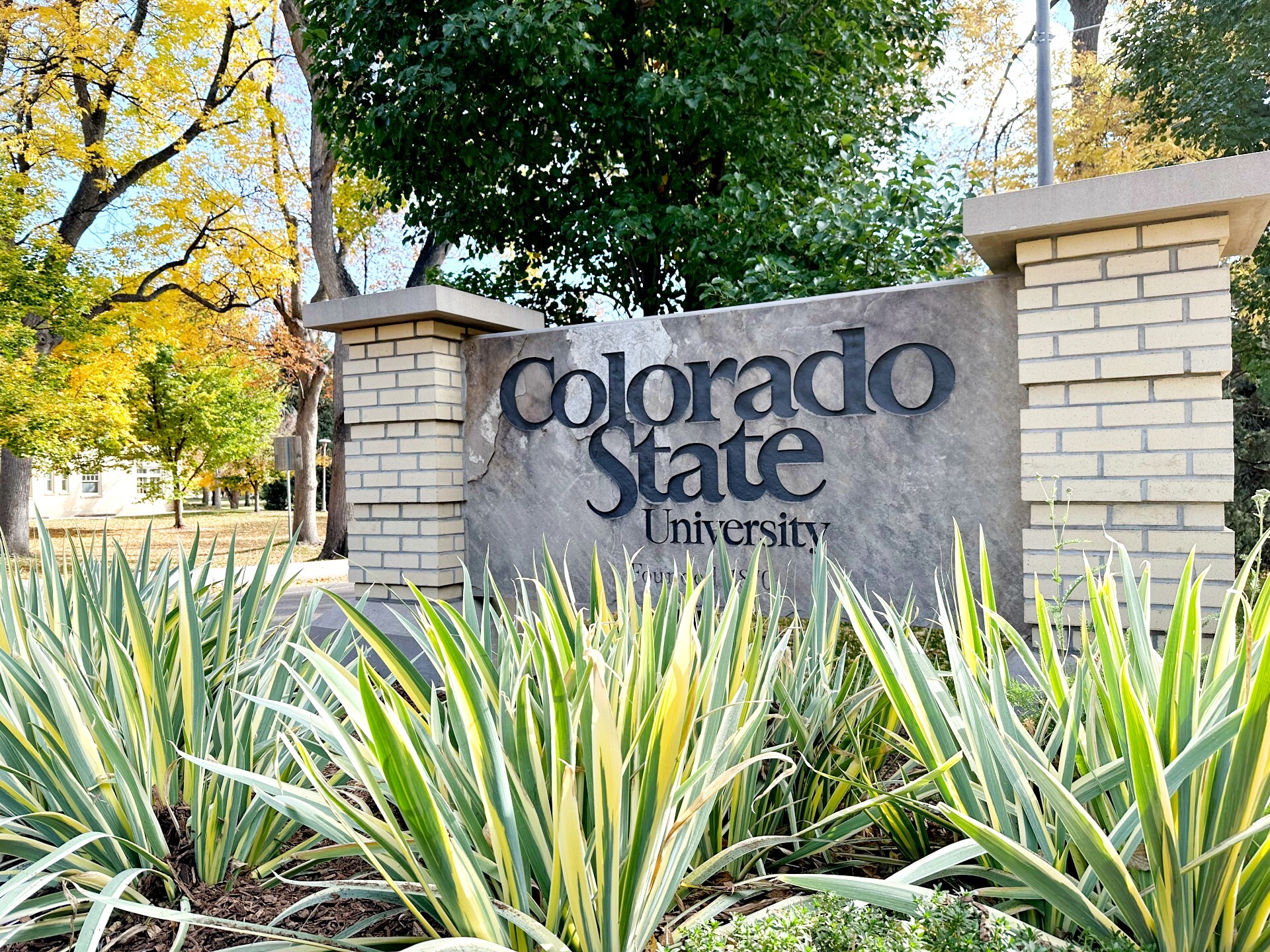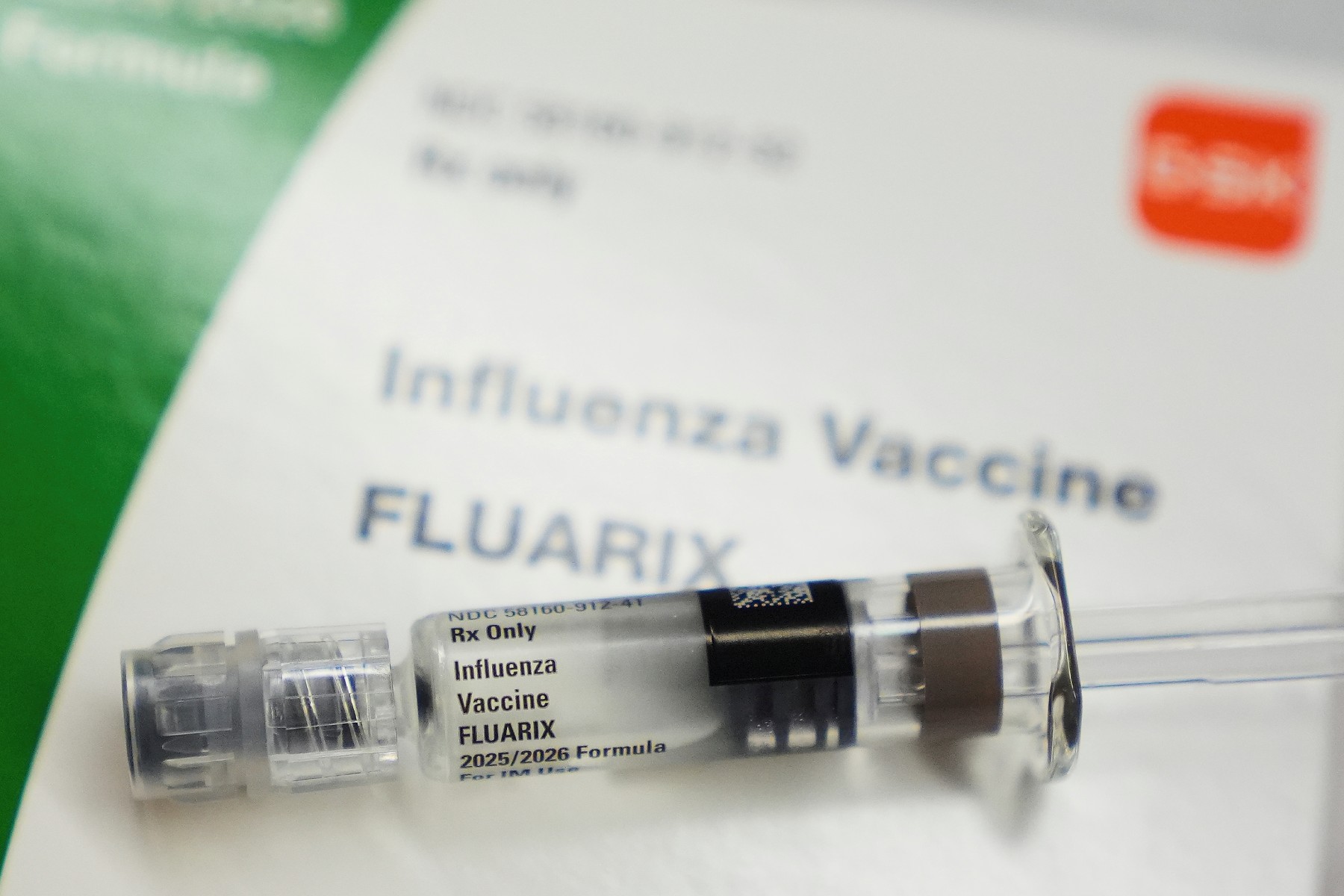
This story was originally produced by Rocky Mountain PBS and first appeared at rmpbs.org
By Carly Rose, Rocky Mountain PBS
For five years, Richelle Greenwood relied on the gardens at Sterling Correctional Facility to help her provide fresh produce to her community in Sterling, Colorado.
The food pantry assistance program at Cooperating Ministry of Logan County, the nonprofit where Greenwood serves as executive director, received about 2,000 pounds of produce each year grown by incarcerated people in the prison’s gardens.
Greenwood invested thousands of dollars in equipment and seeds to help Sterling Correctional Facility, the largest prison by population within the Colorado Department of Corrections, start a gardening program. At its peak, the program consisted of seven gardens, and Greenwood said the prison guards had discussed the addition of a hydroponic garden to grow an even wider variety of vegetables.
The prisoners were allowed to eat some of the produce they grew “as a testament to their hard work,” a CDOC spokesperson said, but most of the food went to the food pantry.
Several other Colorado prisons have gardening programs, though not with the same local impact. Rifle Correctional Center has a hydroponic and greenhouse program that contributes food to the facility’s kitchen. Crowley County Correctional Facility, a private prison operated by CoreCivic, offers a horticulture course in which incarcerated participants earn community college credit.
For Greenwood, the investment in the gardens has been well worth it until this year, when Greenwood received only 40 pounds of produce and an email from CDOC saying that she had been taken off the facility’s volunteer list. The state informed her that Cooperating Ministry was no longer a partner with the program.
The Colorado Department of Corrections told Rocky Mountain PBS in an email that it reduced the size of the garden program at SCF due to statewide and regional water conservation efforts. In another email, a spokesperson said there are no longer gardens at SCF.
Rocky Mountain PBS asked CDOC for an interview to learn more about its decision to halt the garden program. The agency declined to comment.
“I felt very confident that this was a worthy program because I felt like this is going to just keep building. This is a win-win. I don’t think the Department of Corrections thought the same way. I don’t think they care,” Greenwood said.
Water at the facility’s gardens has been an issue since the program began, Greenwood said. To combat high water usage, the prisoners watered during the coolest hours of the day, added polymers to the soil to better retain moisture and planted hardy vegetables like zucchinis and squash that can withstand harsher climates.
Like most buildings in Sterling, SCF receives its water service from the City of Sterling. The facility also has its own water tanks as back-up reserves in case the city can’t deliver water for a few days.
The city’s Public Works Department was not involved in the decision to shrink the facility’s gardens to reduce water usage. George Good, executive director of the department, said he wasn’t aware of the change in the prison’s garden program until Rocky Mountain PBS reached out to him.
Located in Logan County, in the northeastern plains of Colorado, Sterling is no stranger to water conservation. Good said the city adopted water restrictions for residents about 20 years ago. Homes and businesses can water their grass on three designated days a week; restaurants only offer water upon request.
Residents understand the importance of saving water, Good said, and they’re motivated to avoid higher water fees from the city, which are already expensive. Greenwood lives in Merino now — 13 miles southeast from Sterling — but when she lived in the city limits, her average monthly water bill was $165. In Denver, the average winter water bill is about $30.
Since SCF’s garden program began harvesting produce in 2020, Logan County experienced three years in a row — 2021 through 2023 — with extreme drought conditions. Last year, conditions were considered “abnormally dry.” This year, the area is in a moderate drought.
Greenwood is disappointed not to see the garden operate at full capacity, especially since Logan County has experienced an above-average rainfall recently.
“We’re having a great year right now. We've had some really nice moisture. It would've been a perfect year to have wonderful gardens. I mean, everybody's talking about how their gardens are flourishing this year because we've had a lot more moisture and humidity,” Greenwood said.
The Colorado Water Conservation Board, which represents major water basins and state agencies to manage and conserve Colorado’s water, said it does not have any conservation efforts or projects in the Sterling area right now.
The food pantry at Cooperating Ministry, which has nine staff members, receives deliveries from the Food Bank of the Rockies three times a month. There’s a delay between when Greenwood places an order and the food is delivered, and she usually gets an email on the day of the delivery letting her know she won’t be getting some of the produce she ordered.
The food bank wants to deliver produce while it’s fresh, and Greenwood understands that by the time it gets to her door, it won’t be fresh enough for her to store and distribute to her community.
When the gardens at the prison were up and running, Greenwood said she picked up produce almost every day. The food pantry program serves about 375 people a month. Without the free produce at the pantry, Greenwood is worried families who use SNAP EBT benefits to buy groceries won’t have access to fresh fruits and vegetables at all.
“They don't purchase those types of items. They purchase other items because those items at a grocery store are very, very expensive. To eat healthier, it's going to cost more money. And families that I serve aren't going to eat like that because that's not what they can afford. They have to make those dollars stretch,” Greenwood said.
According to the U.S. Department of Agriculture’s food access map, Sterling is a food desert, meaning residents lack reliable access to healthy, affordable food options. About 13% of Logan County’s population uses SNAP, the Supplemental Nutrition Assistance Program.
The correctional facility didn’t notify Greenwood about the decision to greatly reduce the garden program. She assumed as much when the yield significantly dropped and she got an email in early July letting her know her volunteer status had been revoked.
But she said the change wasn’t a total surprise. Last year, the garden had its worst yield yet, and prison staff had warned her that lockdown issues in the yards might threaten the program.
“They had told me, ‘we don't know if we're going to continue on with this program because there's been a lot of theft, a lot of issues.’ Yards would get put on lockdown and they would have a shortage of guards. Then the whole prison would be put on lockdown, and they had nobody maintaining the gardens. The guards didn't want to participate in it,” Greenwood said. “Nobody ever told me it was on pause. They just said they're done.”








